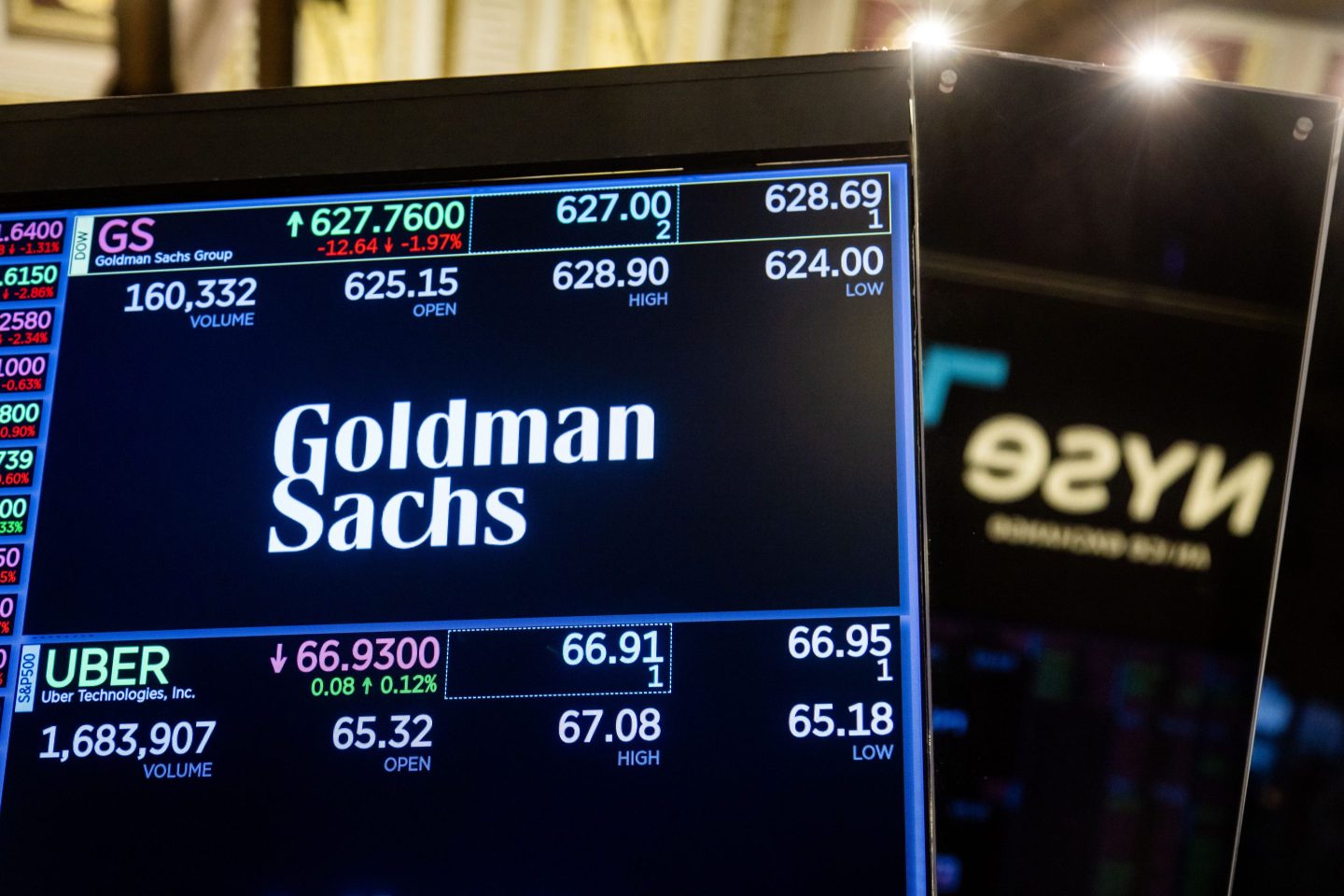Goldman Sachs Group Inc. is abandoning a significant pledge it made to refuse initial public offering business with companies that had all White, male boards.
Wall Street’s leading investment bank had a policy that it would only take a company public in the US or Western Europe if it included two diverse board members, one of whom must be a woman. The rule had initially been put in place in 2020 with a requirement for at least one diverse board member.
“As a result of legal developments related to board diversity requirements, we ended our formal board diversity policy,” said Tony Fratto, a spokesperson for Goldman Sachs.
The pledge was made at a time when much of corporate America was swept up in the fervor to champion diversity. Large asset management firms like BlackRock Inc. were voting against directors at companies without a female board member.
Goldman used its heft in the IPO business to mandate change at companies that they believed were falling behind the times, and even brushed off griping from their own clients to push ahead with this measure.
Goldman has already advised on initial public offerings that don’t appear to meet its diversity criteria. In recent weeks, it helped on listings for cement company Titan America SA and energy exporter Venture Global Inc. that seemed to fall short of the requirement for having two diverse board members when going public.
A similar rule for listings on Nasdaq Inc.’s US exchange was struck down by a federal appeals court in December as conservatives ramped up the pressure against diversity, equity and inclusion efforts in corporate America. Nasdaq’s policy was challenged by a group led by Edward Blum, the activist best known for helping to end affirmative action in college admissions. Rather than attacking Nasdaq directly, the group raised issue with the US Securities and Exchange Commission’s approval of the rule, which it claimed enabled “invidious discrimination.” State attorneys general then joined in with a similar message.
The day after the Nasdaq ruling, Goldman confirmed its policy remained in place.
US corporations began reviewing their DEI policies after the affirmative action decision in 2023, and companies from Amazon.com Inc. to Walmart Inc. have since announced they are backtracking on some of their initiatives. The new Trump administration has ramped up a campaign to root out DEI from companies, specifically targeting federal contractors in the first phase of its plan.
Davos Declaration
David Solomon, who took over as chief executive officer of Goldman in October 2018, spent much of his first year signaling the bank’s commitment to diversity initiatives.
Toward the end of 2019, the lender’s then investment-banking head Gregg Lemkau suggested a diversity threshold for IPOs. When Solomon quizzed Lemkau if the bank could do that, Lemkau replied “we can do anything we want,” according to a book that chronicled the bank’s decision.
Read more from Fortune
Solomon not only embraced the idea but he increased the threshold to two diverse members starting 2021, a year after the policy was first put in place. He made the initial declaration at the World Economic Forum in Davos, Switzerland, in January 2020. The bank said the decision came after it realized more than 60 US and European companies in the preceding two years went public without a woman or person of color on the board.
Soon after, Goldman’s clients, especially those in the energy sector, criticized the move in discussions with the firm’s bankers. The dealmaking partners simply ignored those complaints, concluding that those corporate executives were too old fashioned, one of the people involved in the conversations said.
Despite getting rid of its IPO pledge, the bank plans to continue its service of helping companies find diverse board members, according to Fratto, the Goldman spokesman. “We continue to believe that successful boards benefit from diverse backgrounds and perspectives, and we will encourage them to take this approach,” he said.
The bank’s progress in chalking up equal opportunities for women was already in focus after its most recent round of promotions. When the firm elevated about a dozen executives to senior leadership roles in the investment bank last month, only one of them was a woman.












